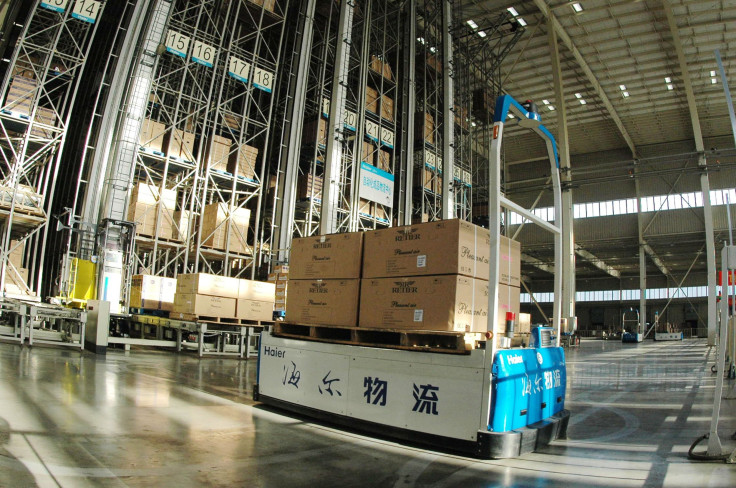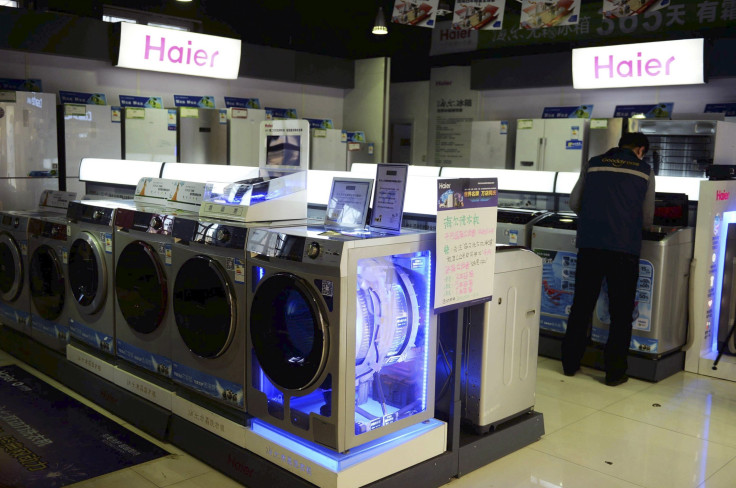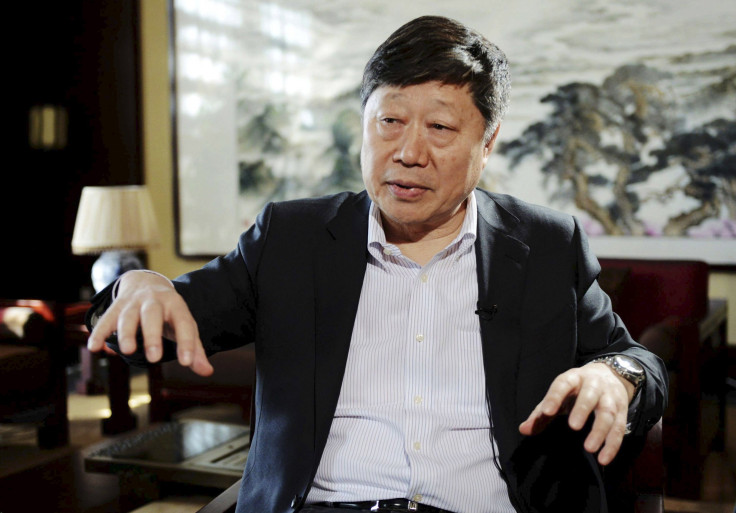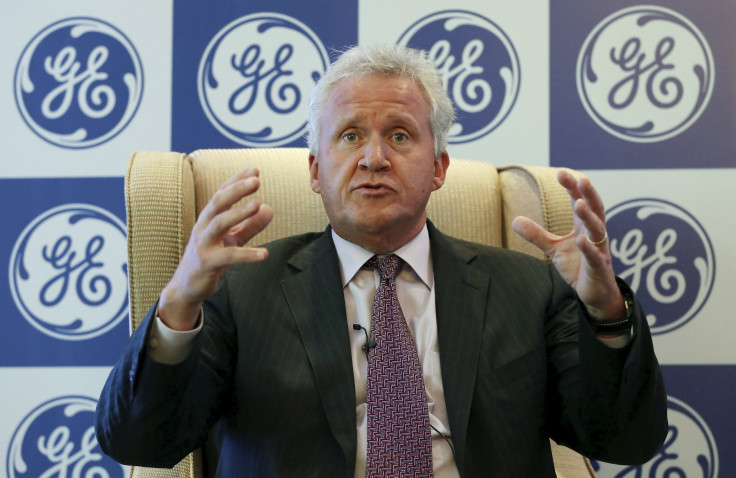For China's Haier, $5.4B Takeover Of GE's Appliances Division Is Another Step In Its Global Ambitions

SHANGHAI -- China’s Haier Group will buy the household appliances division of General Electric for $5.4 billion dollars, making it the largest purchase by a Chinese company in the electronics sector. The move, announced by Haier in a statement Friday, fits GE's strategy of focusing on industrial manufacturing as its core business, analysts said. The deal still needs shareholder and regulatory approval, but for the Chinese company, led by ambitious CEO Zhang Ruimin, it’s another step towards becoming a global brand.
Haier, which makes everything from fridges and air conditioners to smartphones and computers, was one of the first Chinese companies to seek to become an international brand, with plants in Italy, Poland, Pakistan, New Zealand and Africa. The group has taken a major market share in a number of countries, including Germany, where it also has a research center. But in the U.S. it has remained a relatively small player, despite opening its first U.S. fridge factory in Camden, South Carolina, in 2000.
Haier, the world's No. 1 manufacturer of white goods by volume, has little more than 1 percent of the U.S. market. It is one of the reasons why it was able to win the deal -- a previous sale of GE Appliances to Sweden’s Electrolux was opposed last year by U.S. antitrust regulators, who said the merged company's significant combined market share would lead to higher prices.
“The GE deal would give Haier a stronger brand,” James Roy, associate principal at China Market Research Group in Shanghai, told International Business Times. “The company is a big player, but it has struggled in brand positioning, particularly in the U.S., where it’s seen as mass market.”

Even in the Chinese market, Roy said, it's seen as a volume maker. Haier is always present, and reasonably priced, with a service infrastructure that people respect for its scale and reliability — but it's maybe not something people get excited about. "We haven’t seen them making the kind of innovative moves we’ve seen from a brand like [smartphone maker] Xiaomi , which has leapfrogged competitors by introducing its own brand air purifiers, for example," Roy added.
Zhang Ruimin, who has spoken of his desire to turn Haier into a “great company," has long emphasized the importance of innovation, experimenting with innovative management structures in the company, and seeking to invest in smart devices, such as 3-D printed air conditioning units.
The takeover, experts say, aims to take Haier to the cutting edge, giving it not just GE's brand name but also its software. "GE is famous for its strong emphasis on best practice, and Haier could learn from its innovation culture, too,” Roy told IBT.
Previously, Zhang said that Haier learned from GE's "Six Sigma insistence on quality.” And the Chinese company is reported to have tried to buy GE’s appliances unit once before, in 2008, according to Bloomberg.

Haier has always been an unusual Chinese company: Neither a traditional state business player nor a classic private enterprise, it is described as privately held but has retained links to local government. Its corporate creation myth goes back to 1984, when Zhang, then a local industry administrator, was brought in by the local government to shake up what was then a small state-owned fridge factory. And shake it up he did: After finding 20 percent of the company’s products were faulty, he gave the firm's production workers sledgehammers and told them to smash up the malfunctioning fridges in the factory yard, to make them realize that, without higher standards, the company would be finished.
As the factory -- which previously had a German partner -- became more profitable, local officials asked Zhang to take over other local factories, including one making air conditioners. The growing Haier group became one of the first Chinese brands to focus on customer service in the 1990s, setting up call centers and after-sales service infrastructure, helping it to become a major domestic player.

The company has long prided itself on adapting to the market. Its sales staff used to regale journalists with stories of how the firm began receiving complaints from farmers in rural northern China that their Haier washing machines kept breaking down. After some research, the company discovered that the farmers were using the machines to wash their potatoes -- “and so we developed a stronger machine designed specifically to wash potatoes,” Haier staff said.
'Haier and Higher'
Unusually, the company also insisted on sticking with its Chinese brand name for the international market, and later exploited it with the English-language advertising slogan "Haier and Higher." By 2014, Haier was listed by Euro Monitor as the world's biggest white goods manufacturer, with more than 10 percent global market share.

Now, this former student of GE will require all of its flexibility to make a success of running one of the world’s oldest and most respected household appliance brands. China Market Research Group’s Roy said the example of Lenovo, which took over IBM personal computers and is now a market leader in the sector, is a promising one -- if Haier approaches its acquisition in the right way.
“I could see it working if they don’t squander GE's brand equity," he said. "As long as they don’t look at this as a vanity acquisition, and are willing to learn from GE, they could make this work."
© Copyright IBTimes 2024. All rights reserved.












